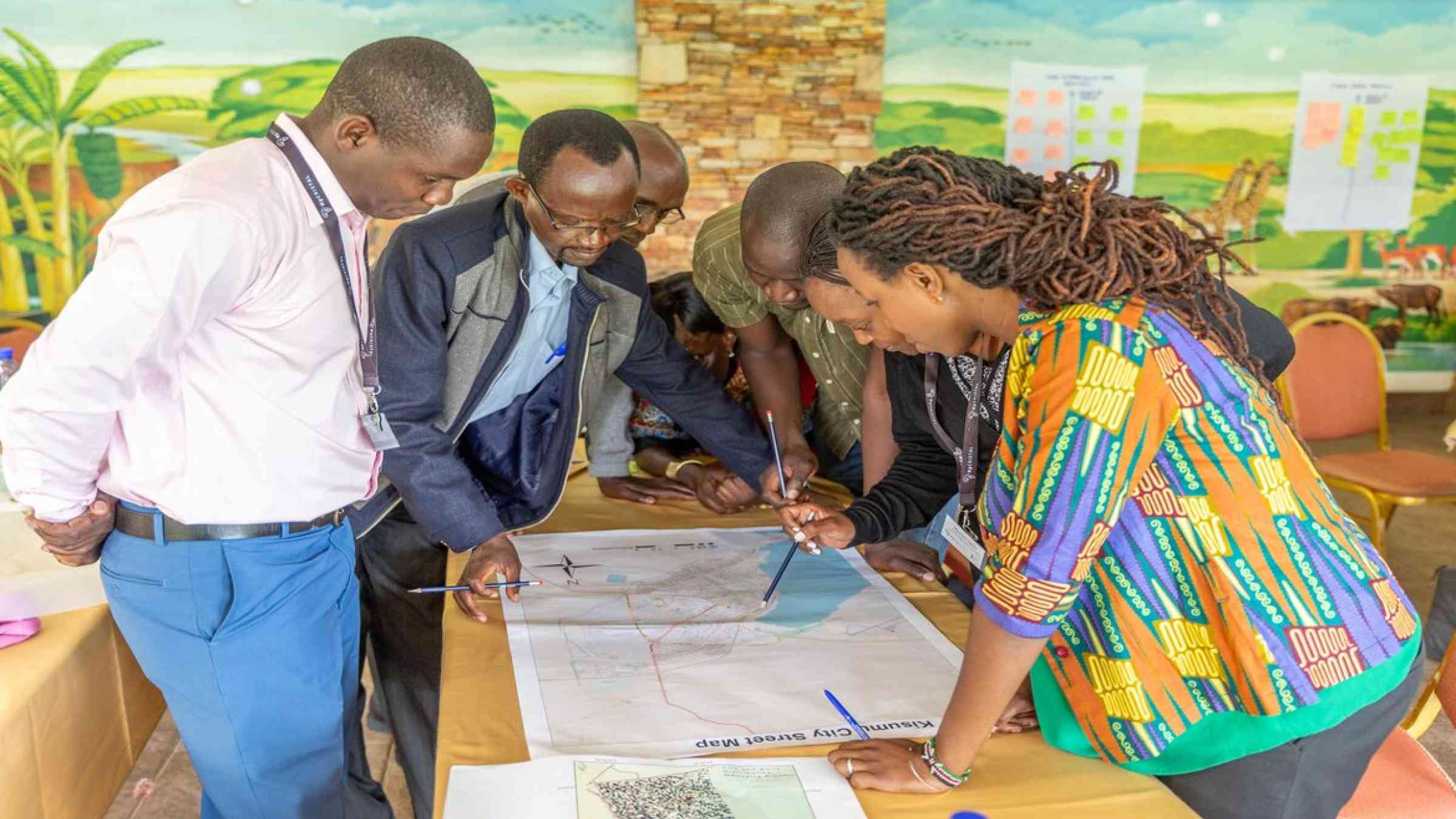ARA launches innovative approach to funding adaptation

The Adaptation Research Alliance (ARA) has launched Grassroots Action Research Micro-grants, a series of grants each totalling GBP 15,000 that support locally led adaptation initiatives.
CAPE TOWN | Launched at the global climate summit COP27, the Grassroots Action Research Micro- grants target action and research entities collaborating to unearth knowledge, ideas, and opportunities for climate change adaptation in the Global South.
“The micro-grants support issues identified by local stakeholders in the Global South, with
researchers engaged to collectively explore issues further,” says ARA Co-Chair Anand Patwardhan.
“The goal is to connect diverse groups of action and research stakeholders in a process of co- creation, and to catalyse the co-production of relevant knowledge to figure out where and how different communities can adapt.”
The grants are part of a paradigm shift in adaptation research championed by the South African- based ARA. A global coalition committed to scaling up Research for Impact on climate adaptation, the ARA is made up of over 150 members from more than 50 countries.
ARA members represent leading researchers, funders, policymakers, development bodies and community-based organisations from the international adaptation community. Members endorse the Adaptation Research for Impact Principles for research that is driven by user needs, co-produced with local experts, and equitable in practice.
“Investing in a Research for Impact approach is essential to ensure we generate targeted evidence on how to adapt with those most affected by climate change, and with the urgency demanded by science,” says Jesse DeMaria-Kinney, Head of Secretariat at the ARA.
ARA micro-grants programme seeks to elevate and identify knowledge gaps from the bottom up – from the users themselves – and facilitates a research process where users and academics explore appropriate responses.
“We want to galvanise radical collaboration across the Research for Impact spectrum where end users become part of the research team and researchers are part of implementation on the ground,” says DeMaria-Kinney.

Commitment to the Research for Impact approach is not only visible in the ARA micro-grants funding, but also in the development of other adaptation funding schemes from Alliance members.
Among these is the Climate Adaptation and Resilience (CLARE) initiative, launched at COP26 by the International Development Research Centre (IDRC) and the UK’s Foreign Commonwealth and Development Office (FCDO).
Supporting research that enables inclusive and sustainable action to build resilience to climate change across Africa and Asia-Pacific, CLARE made available grants between CAD 1.5-8m for projects that reflected the Principles.
“CLARE endorses the Adaptation Research for Impact Principles as part of its efforts to advance understanding on how to move knowledge into action, to engage with the drivers in decision making, and to amplify the voices of local people,” says Mercy Ojoyi, Senior Program Specialist at ARA member the International Development Research Centre (IDRC) in Nairobi.
The National Institute for Health and Care Research (NIHR) also supported the ARA’s Research for Impact approach in its fifth Research and Innovation for Global Health Transformation (RIGHT) programme call.
Launched in March 2022, NIHCR will award up to GBP 3m to research strengthening health service delivery and resilience in LMICs in the context of extreme weather events.
“The ARA is suggesting a new way of working that enables us to identify knowledge gaps and opportunities for Research for Impact programmes from our members and others in the adaptation community,” says DeMaria-Kinney.
“The fact that we’ve seen millions in investments in our approach shows we’re making progress toward a paradigm shift in research and identifying adaptation responses to a changing climate.”